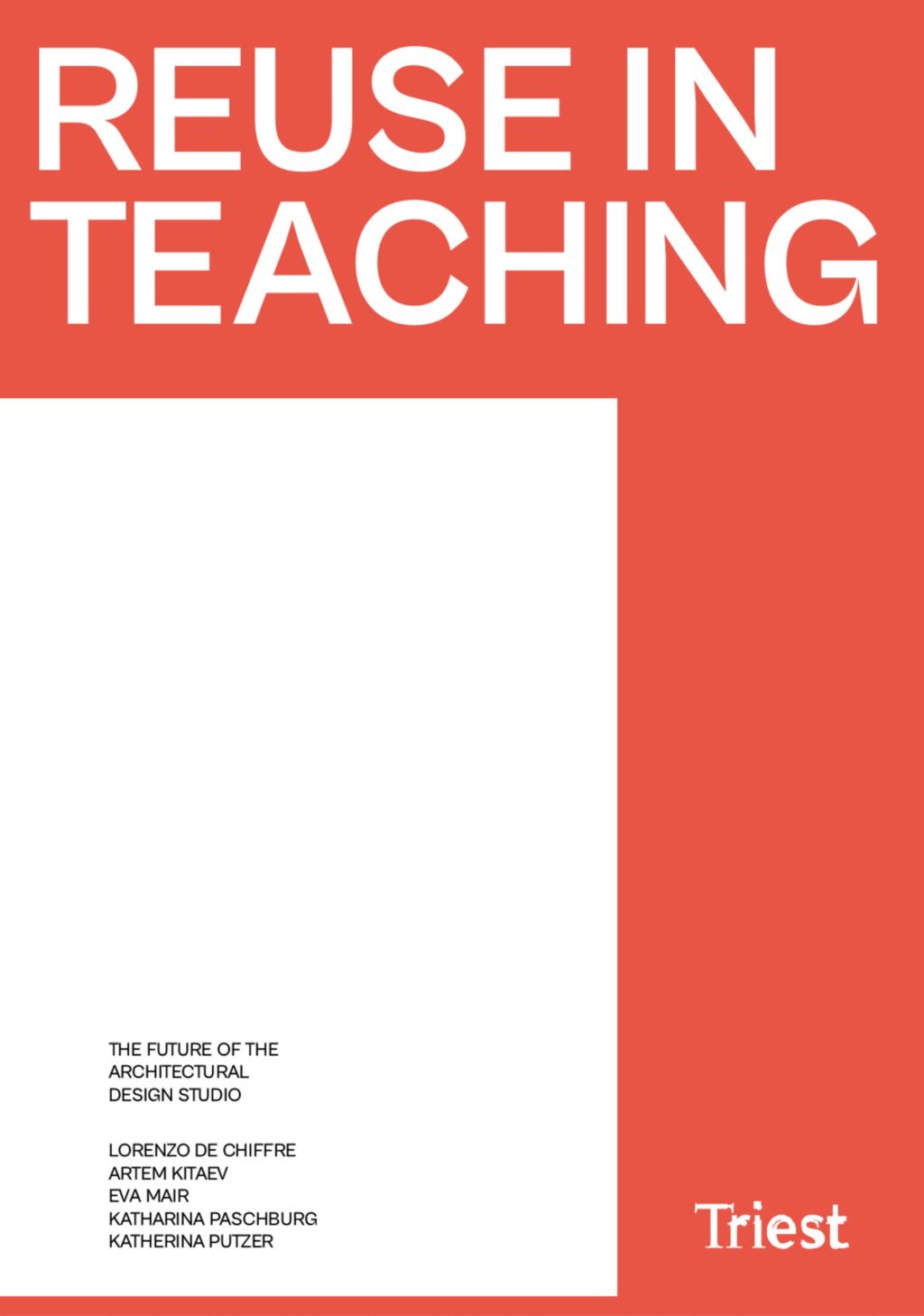

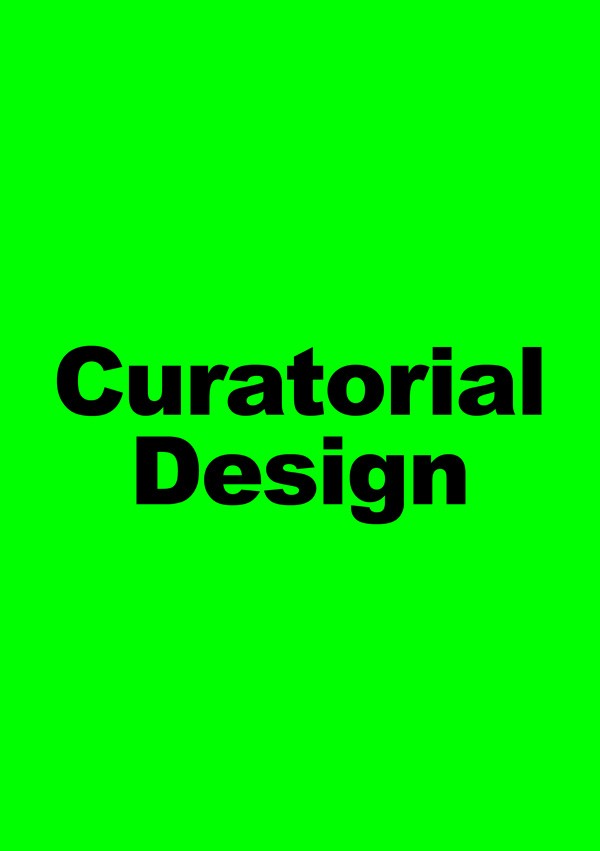
2025, CURATORIAL DESIGN. A PLACE BETWEEN

2024, DETROIT – AMERIKAS NIEDERLAGE
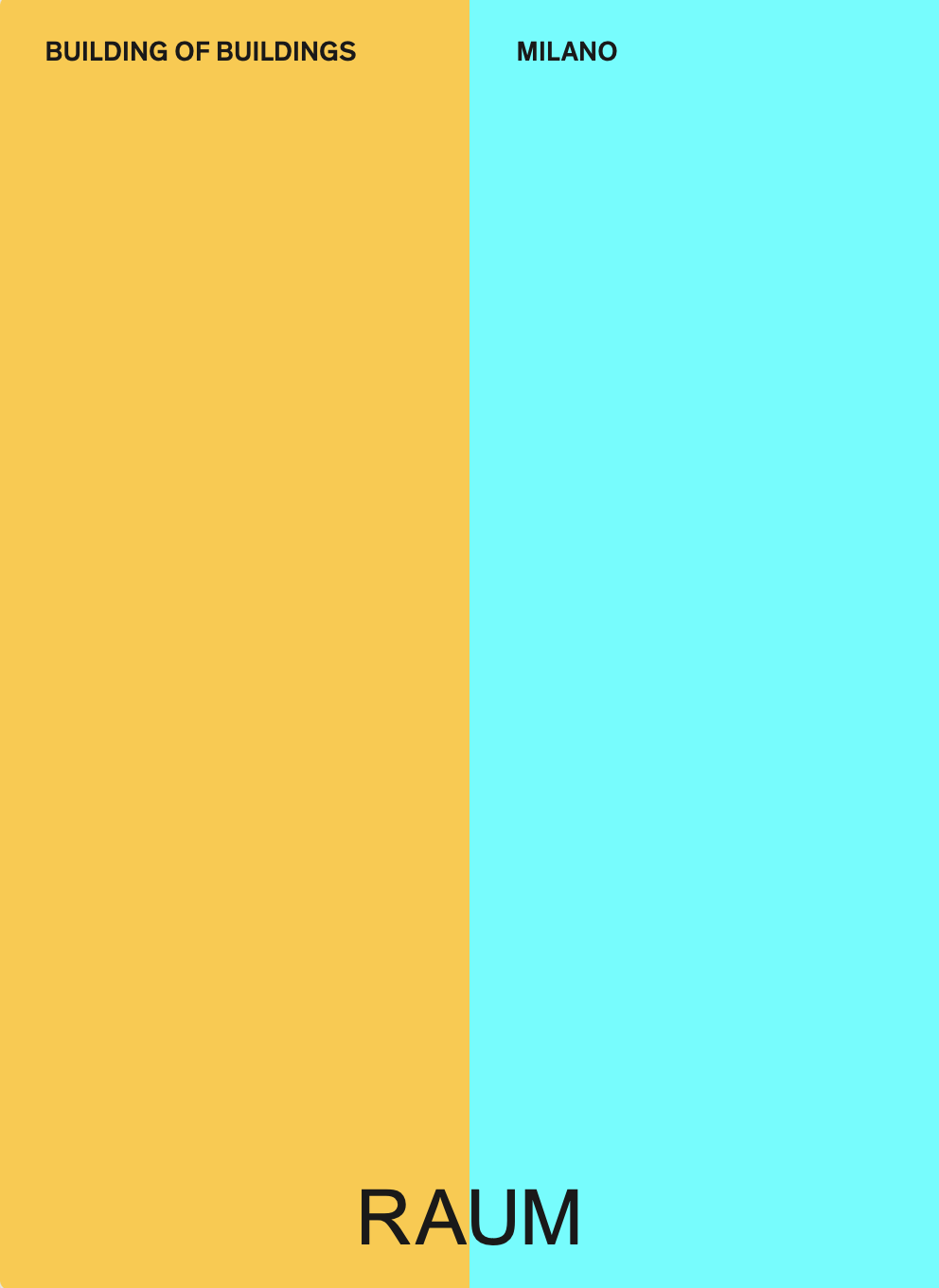
2023, BUILDING OF BUILDINGS WIEN - MILANO
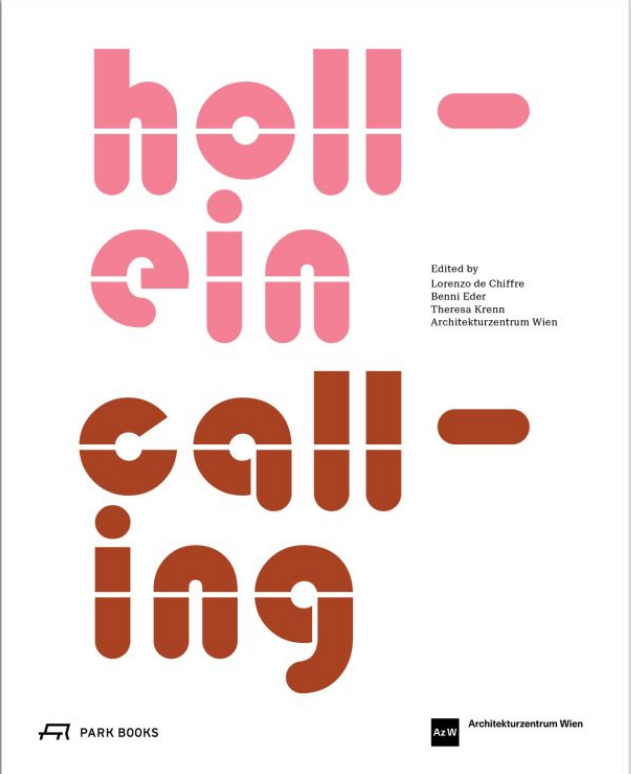
2023, HOLLEIN CALLING
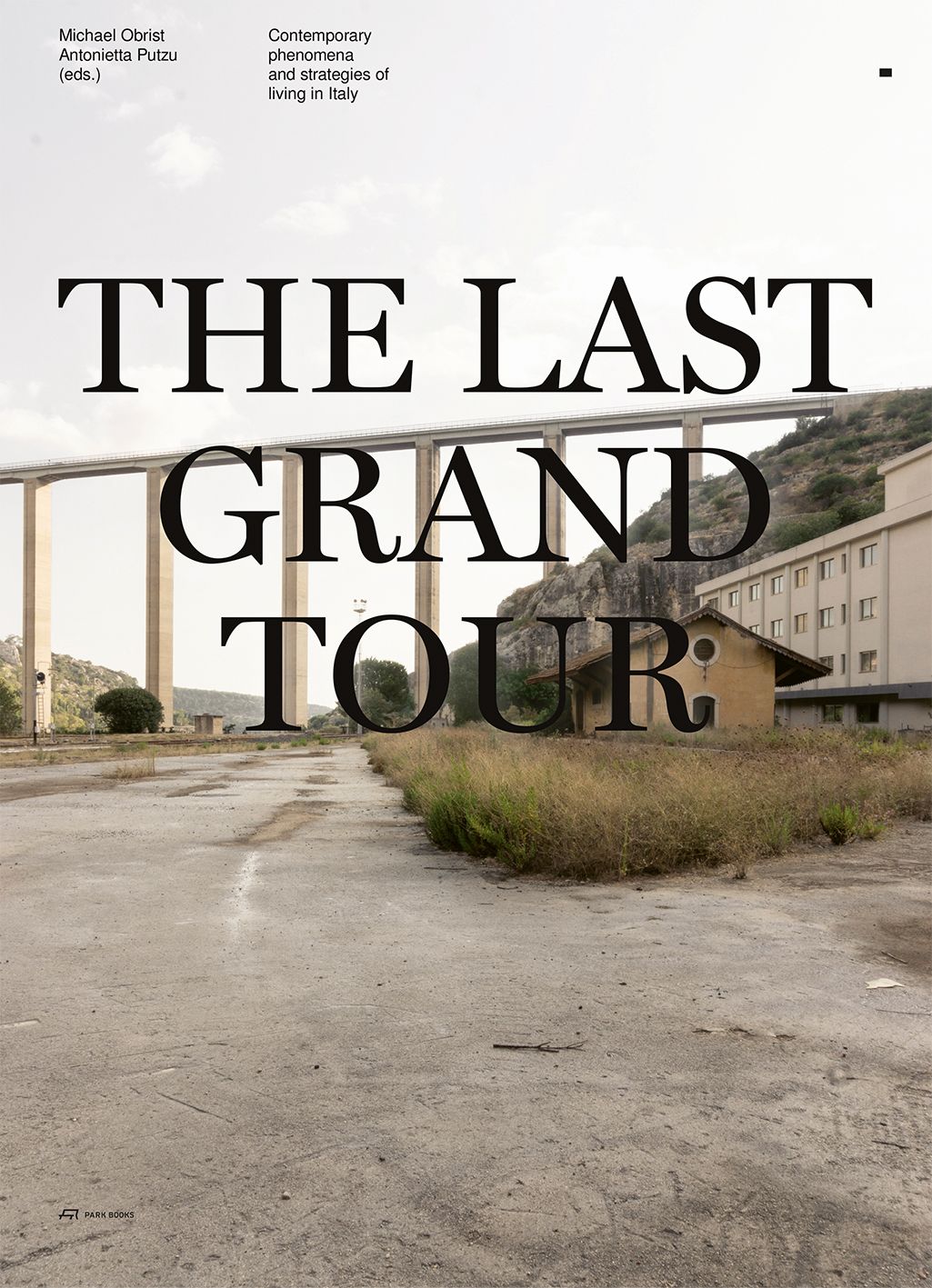
2023, GRAND TOUR
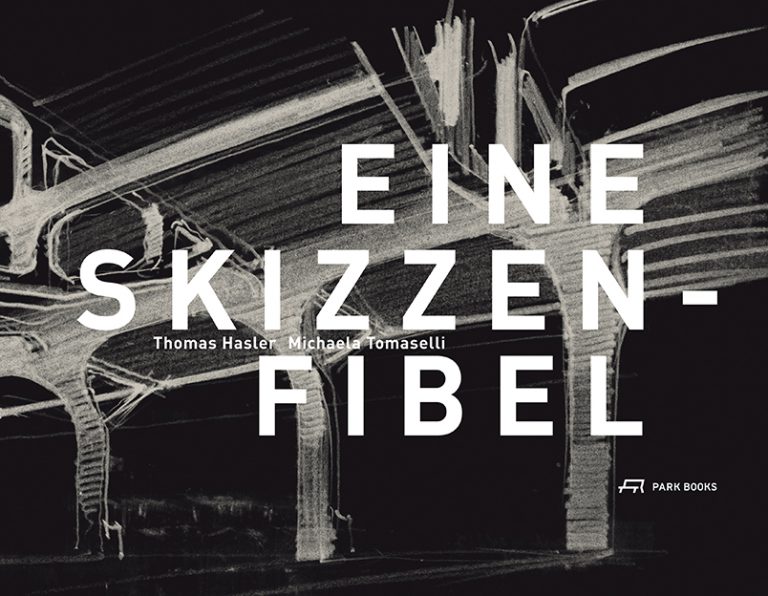
2023, SKIZZENFIBEL
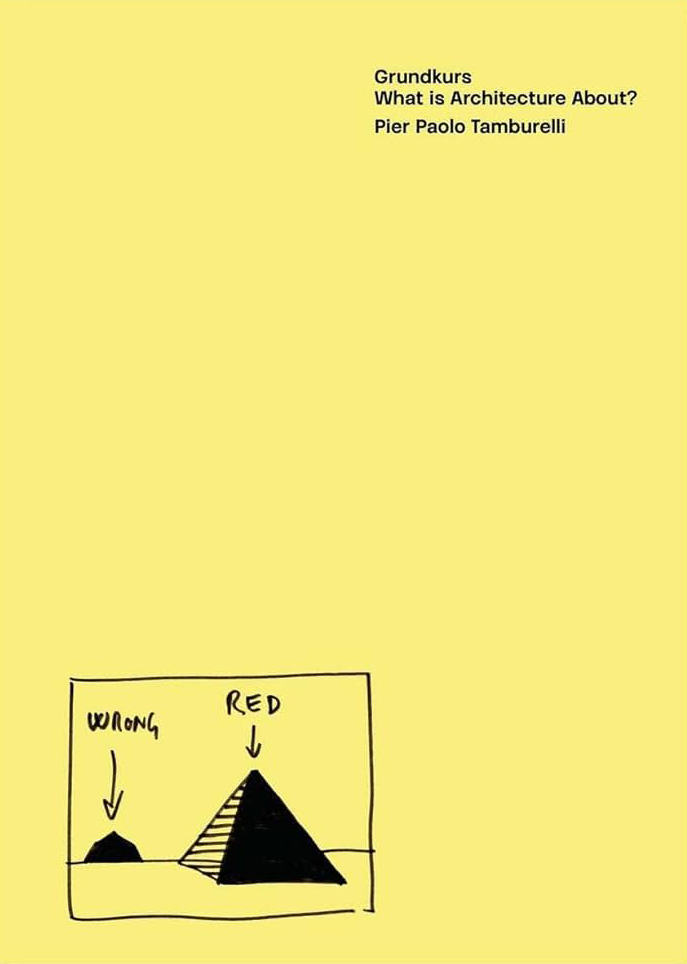
2023, GRUNDKURS
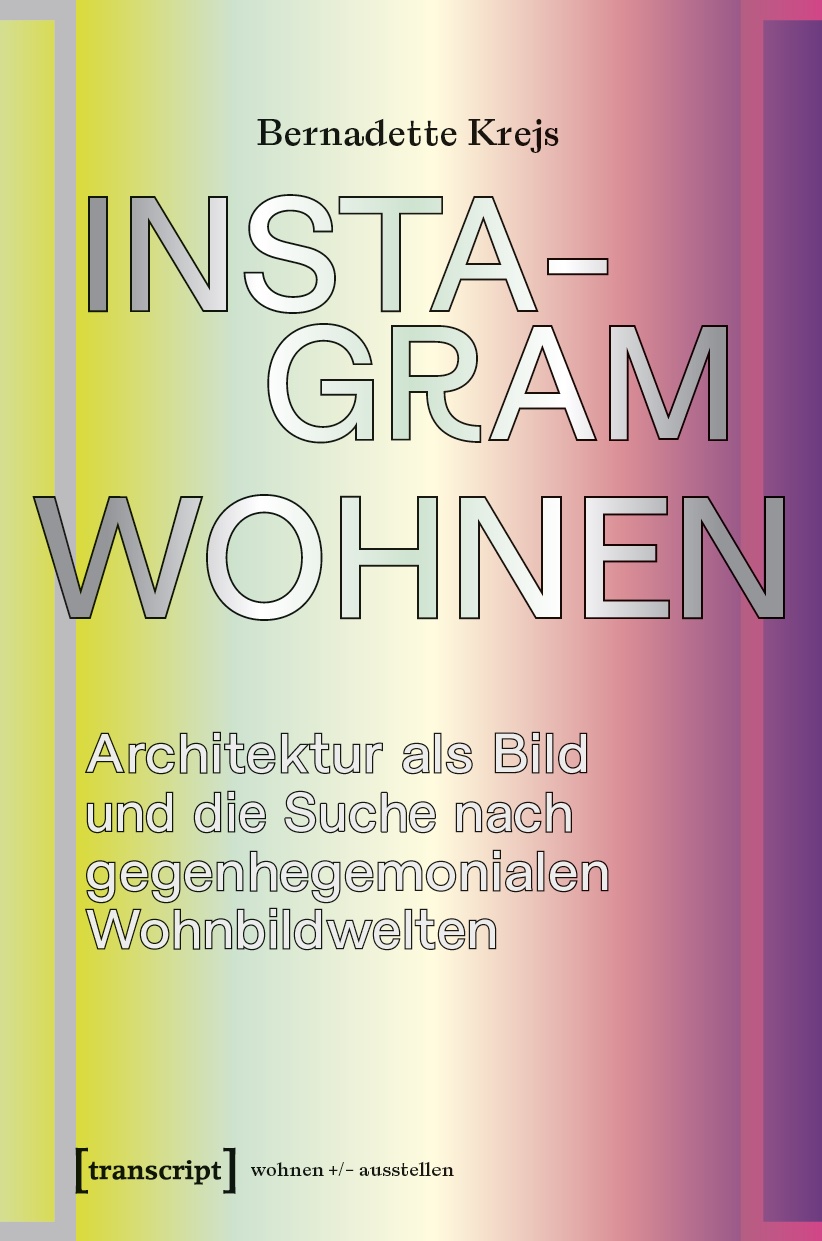
2023, INSTAGRAM WOHNEN
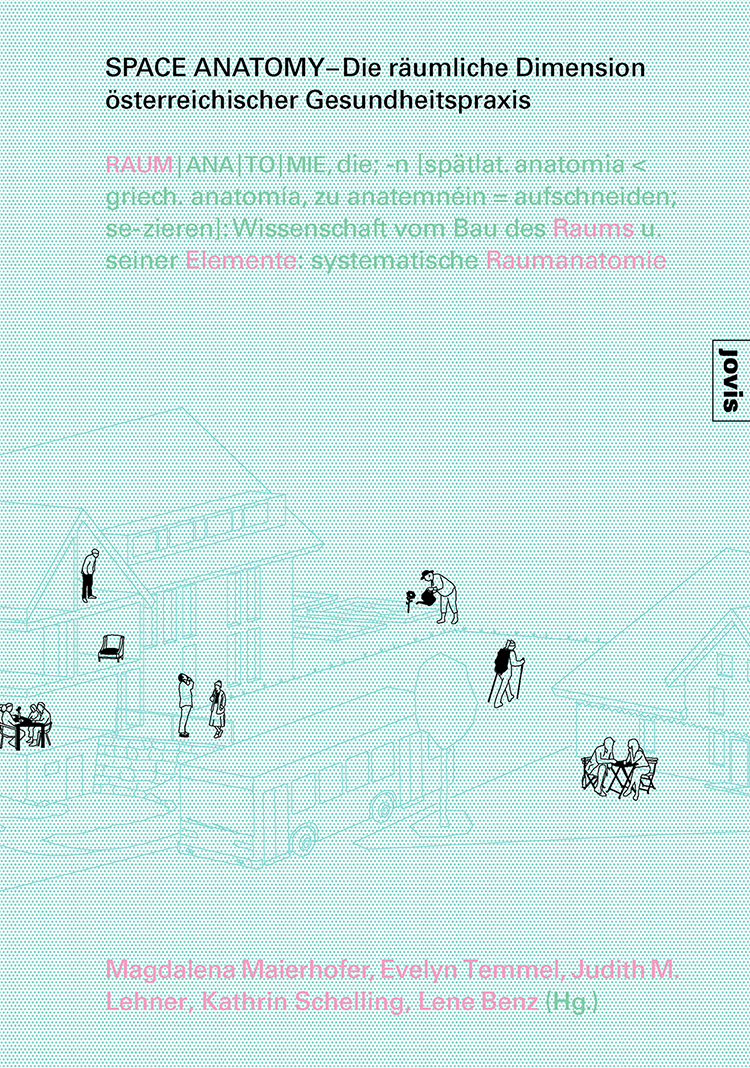
2023, SPACE ANATOMY
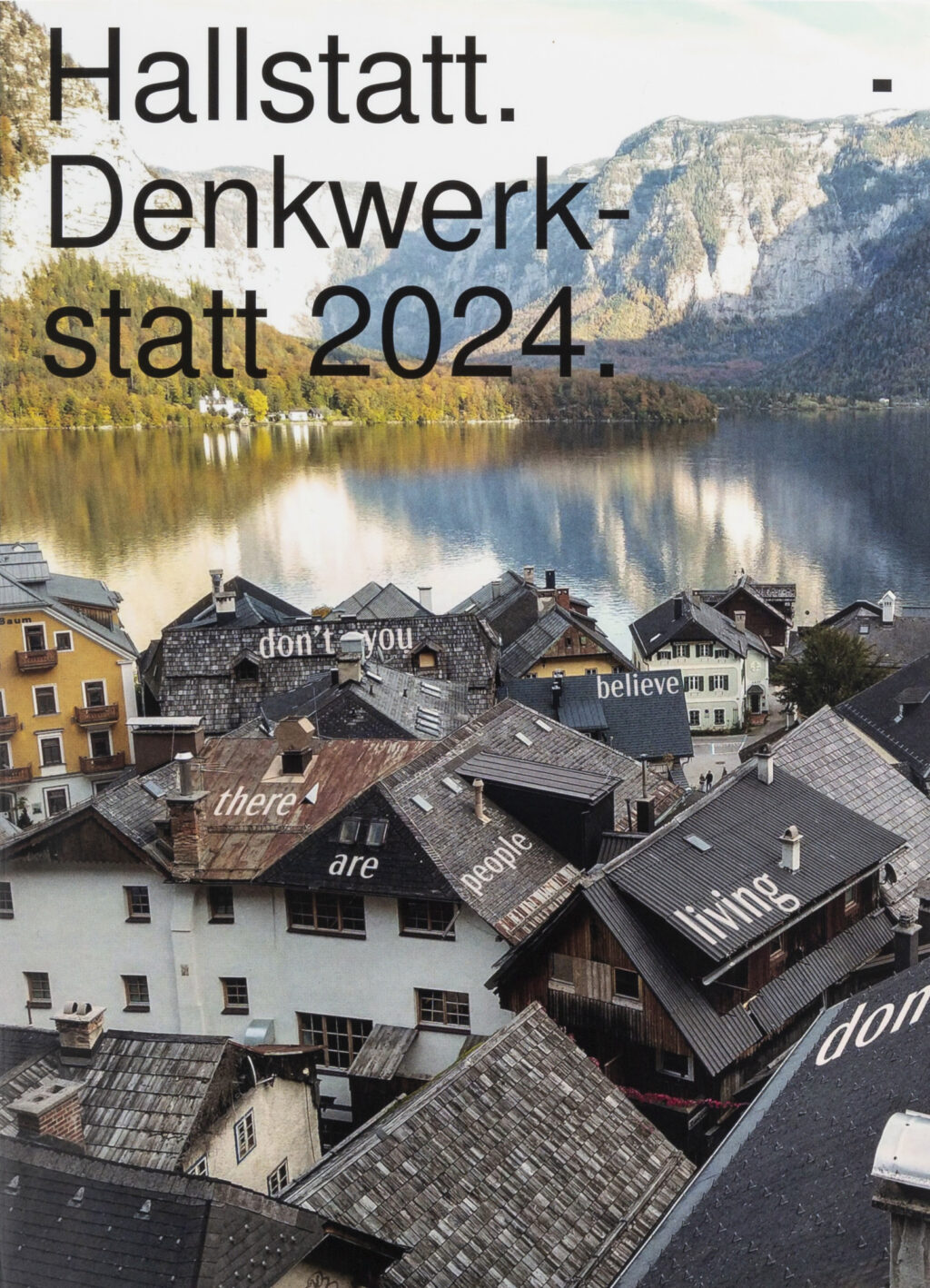
2023, HALLSTADT DENKWERKSTATT
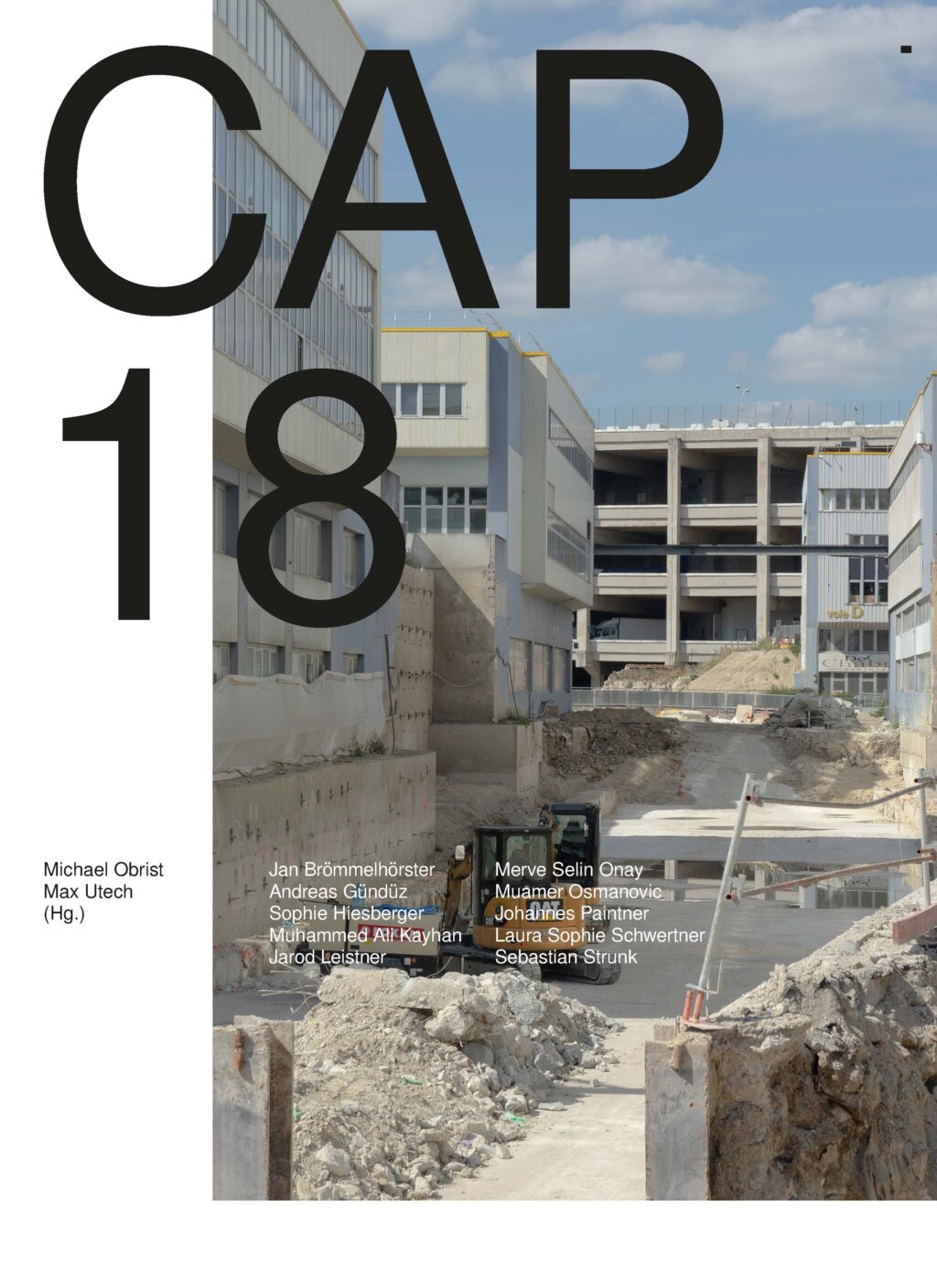
2022, CAP18
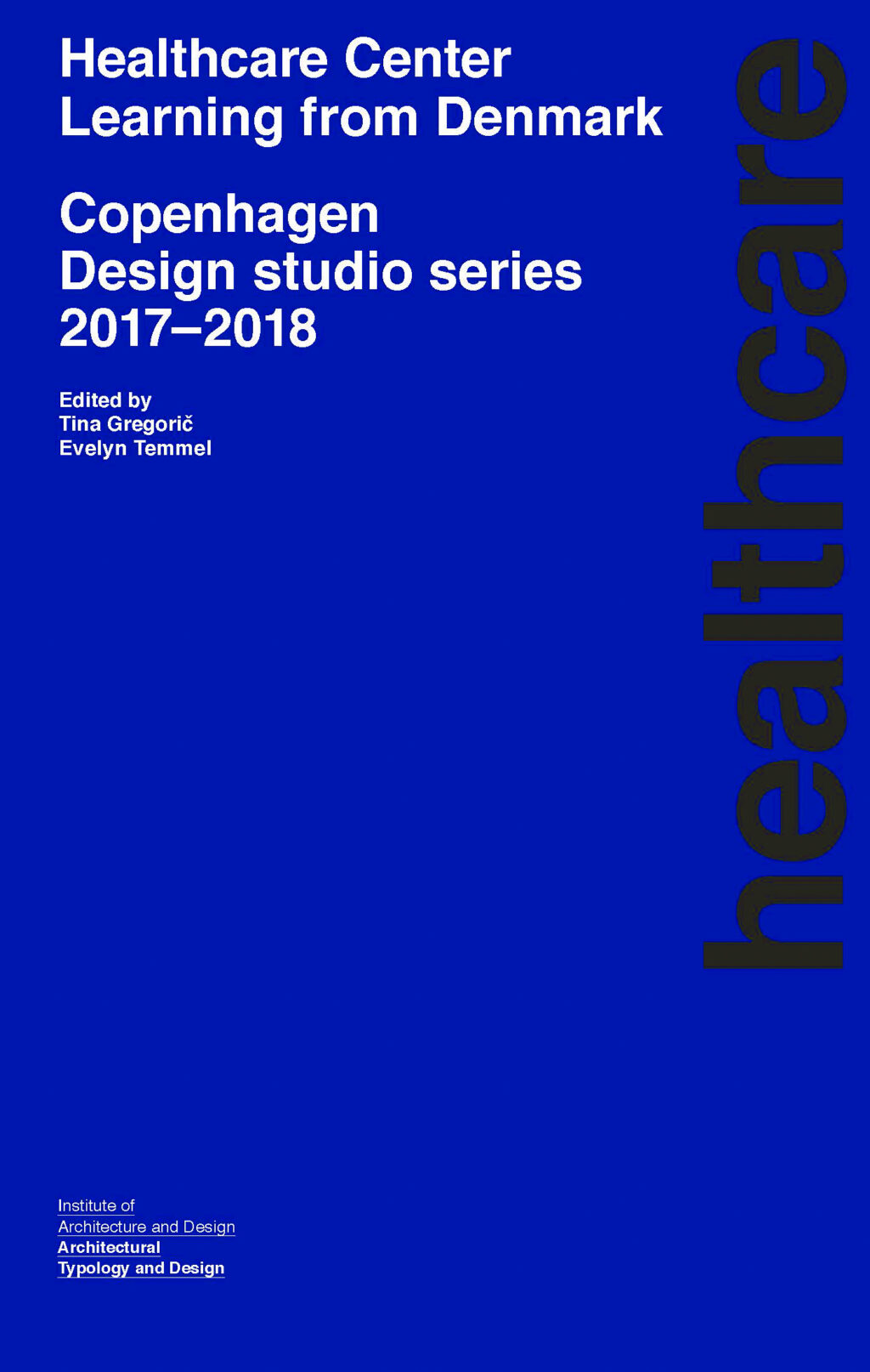
2022, HEALTHCARE CENTER
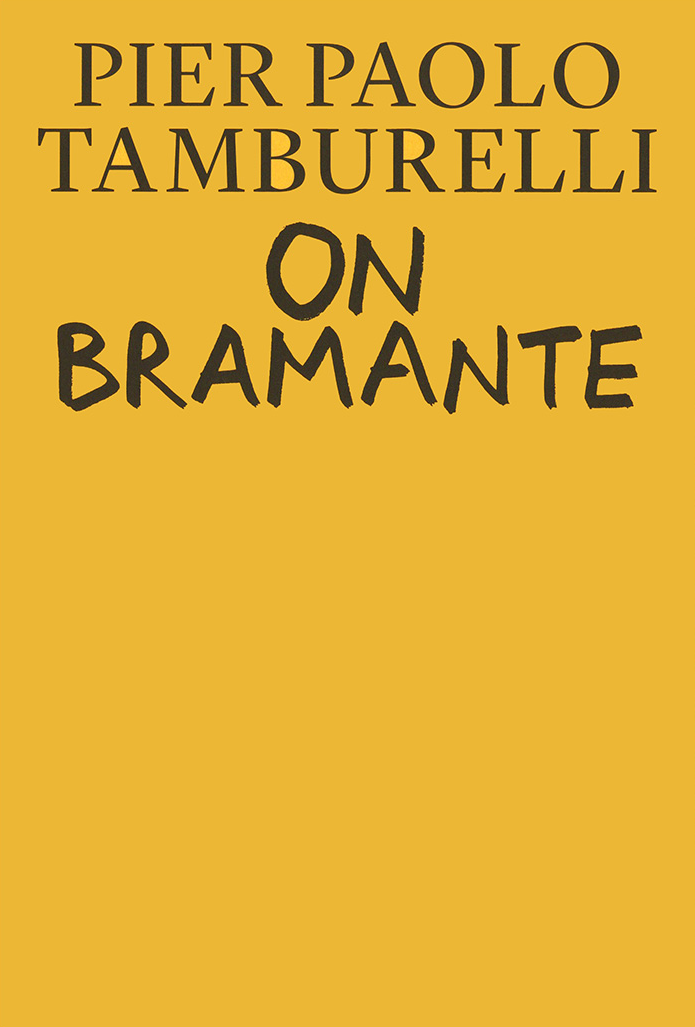
2022, ON BRAMANTE
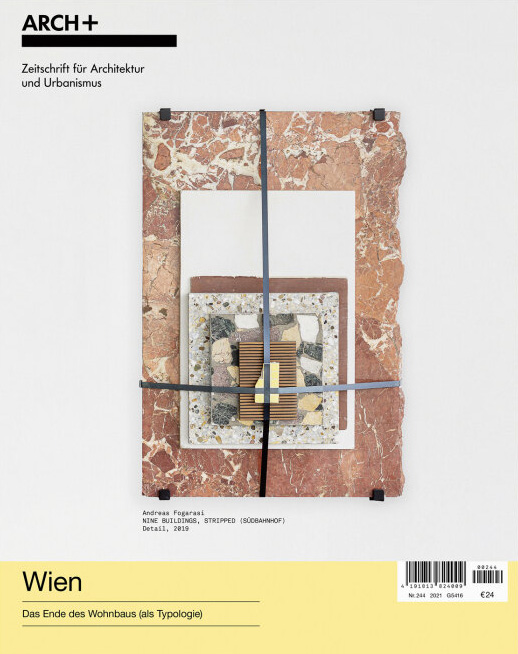
2021, ARCHPLUS 244
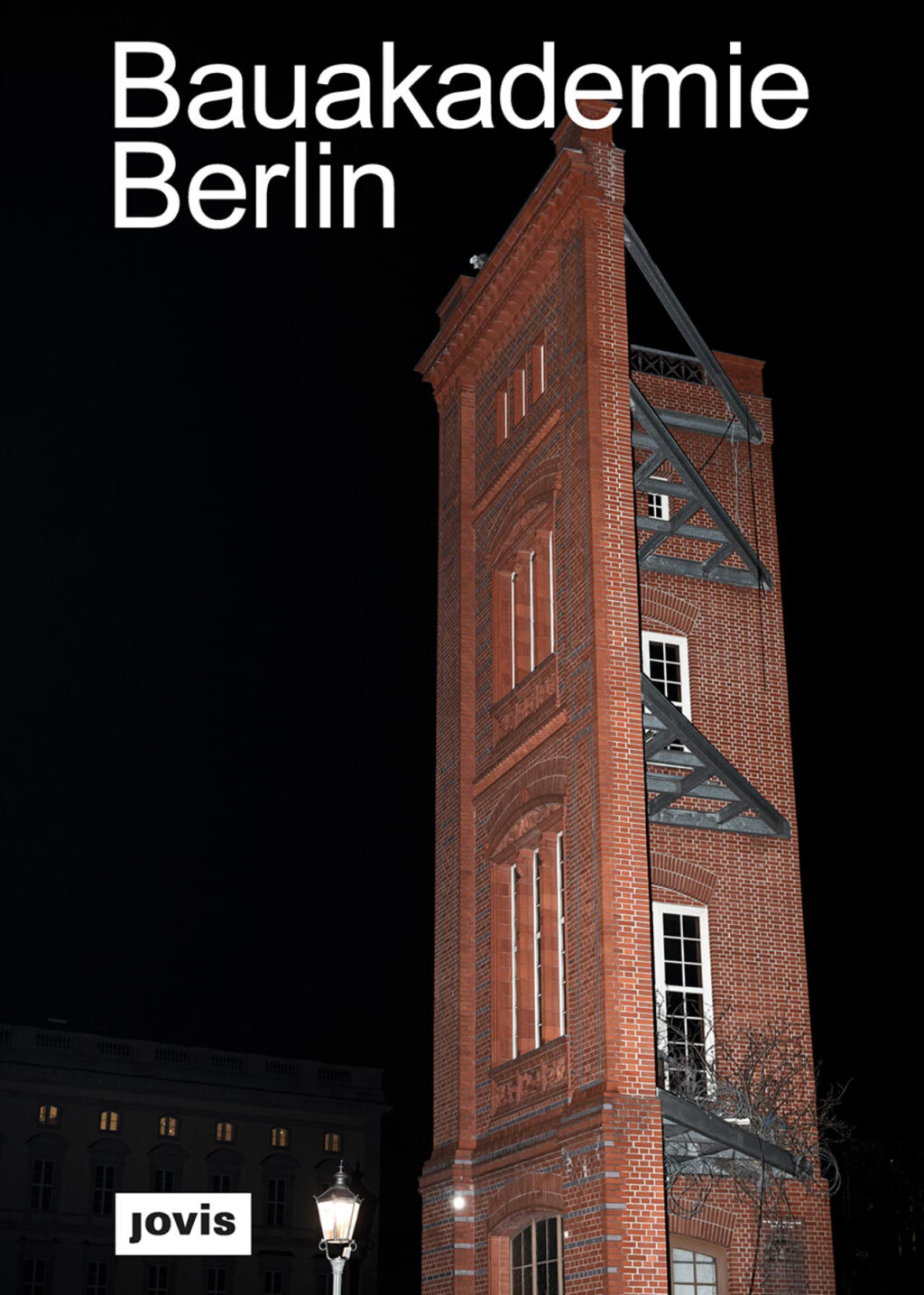
2021, BAUAKADEMIE
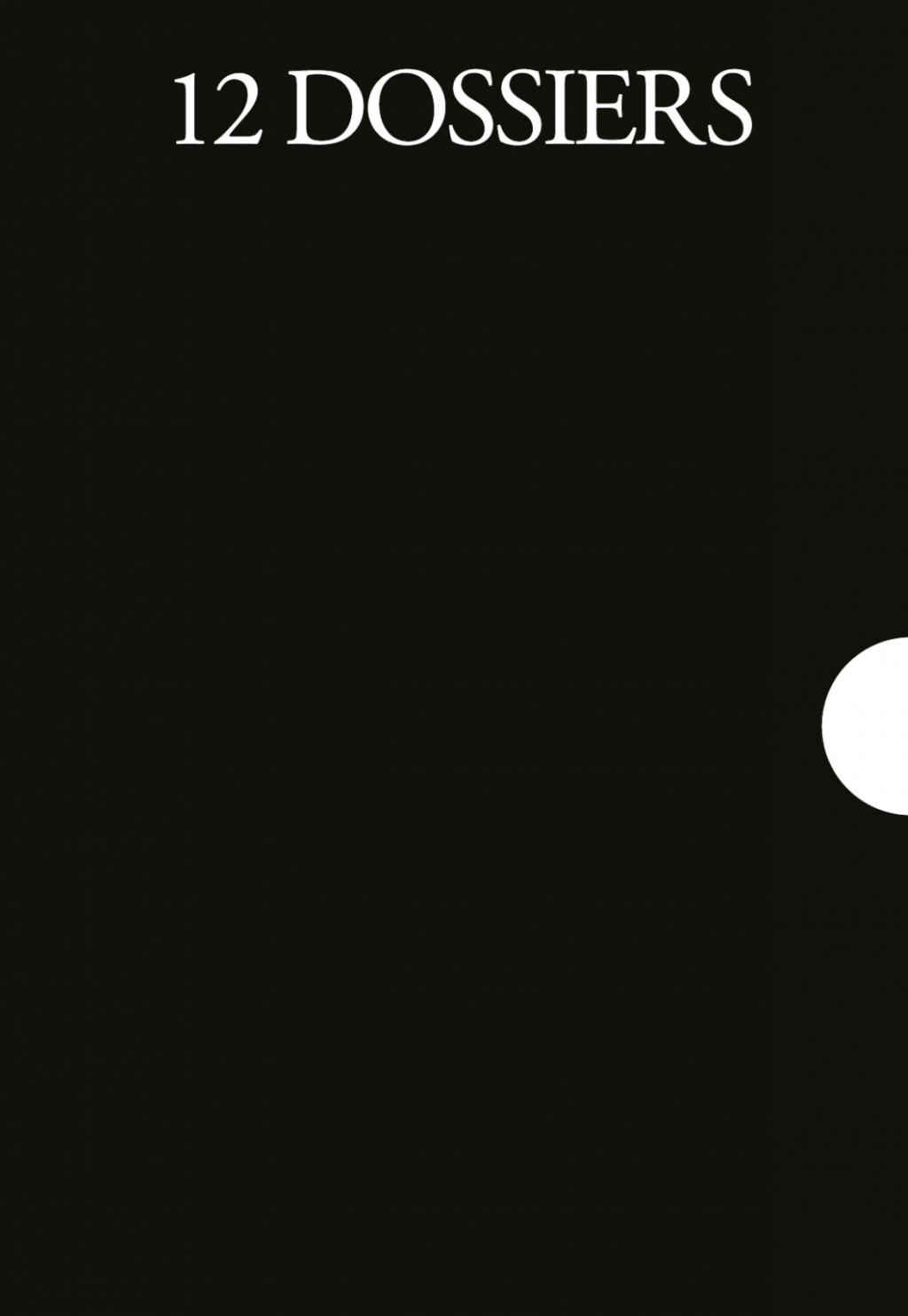
2021, ARCHDIPLOMA
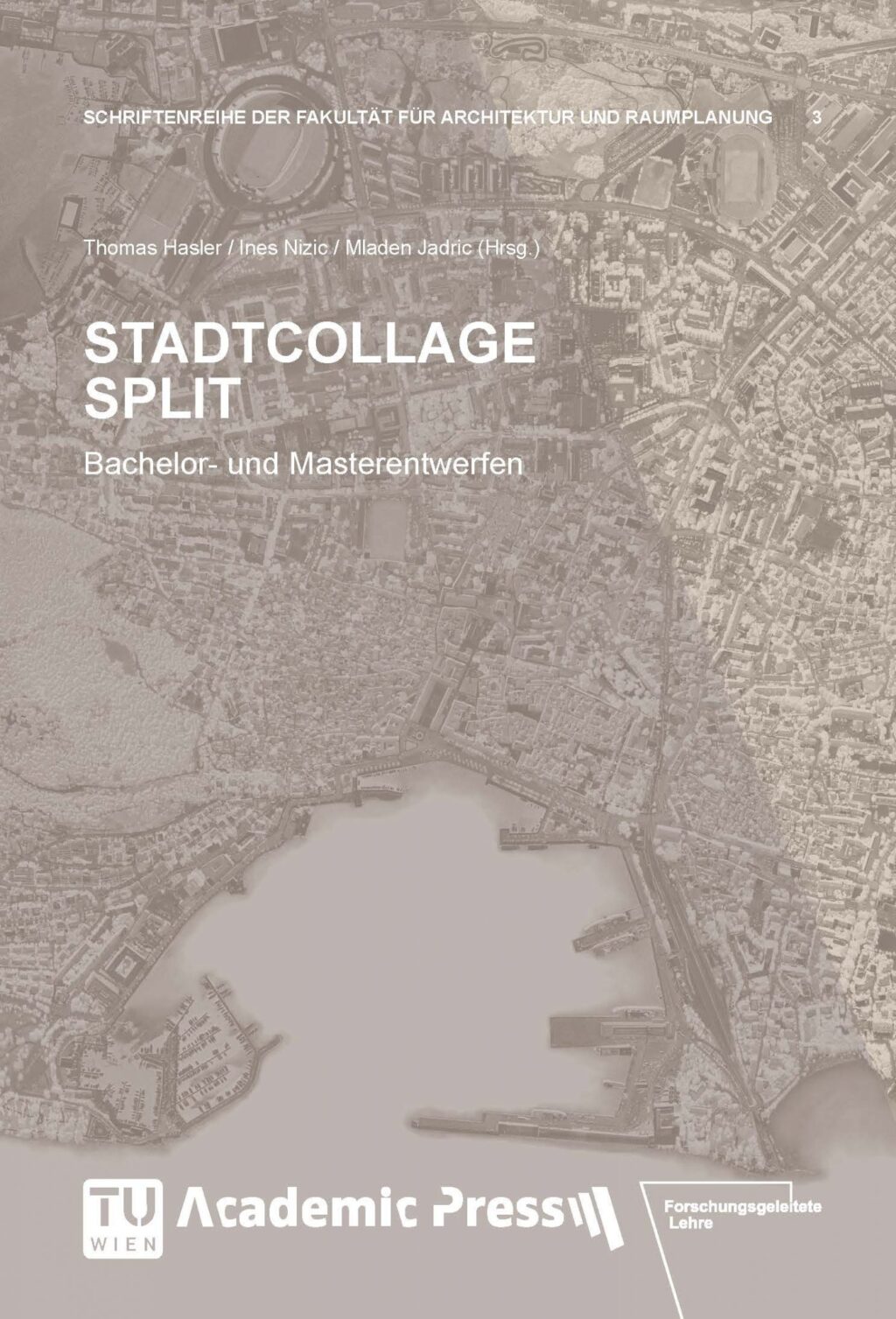
2021, STADTLEKTÜRE SPLIT
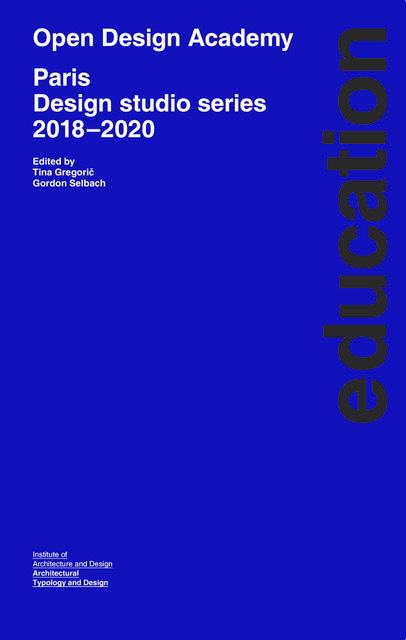
2021, Open Design Academy
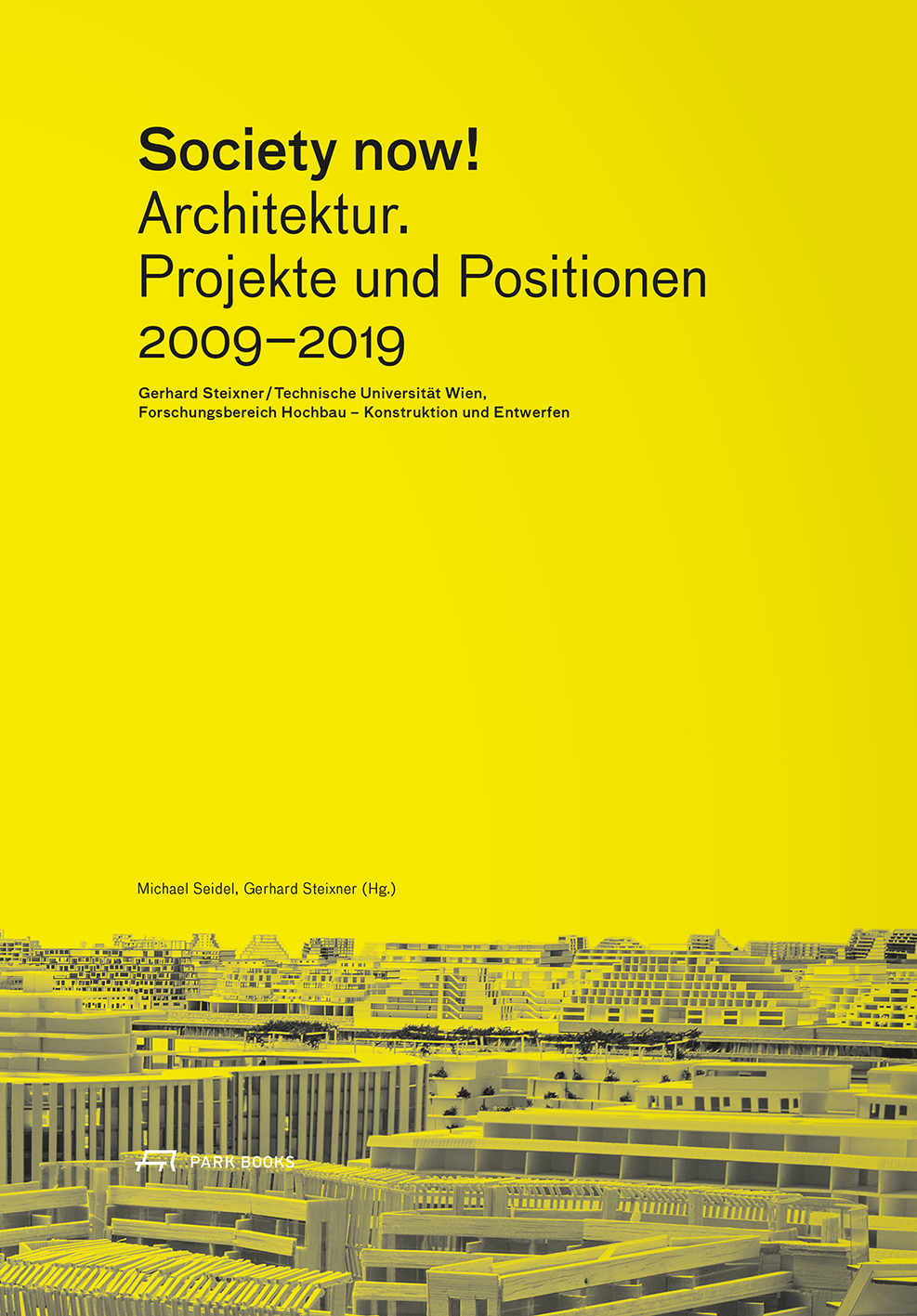
2020, SOCIETY NOW
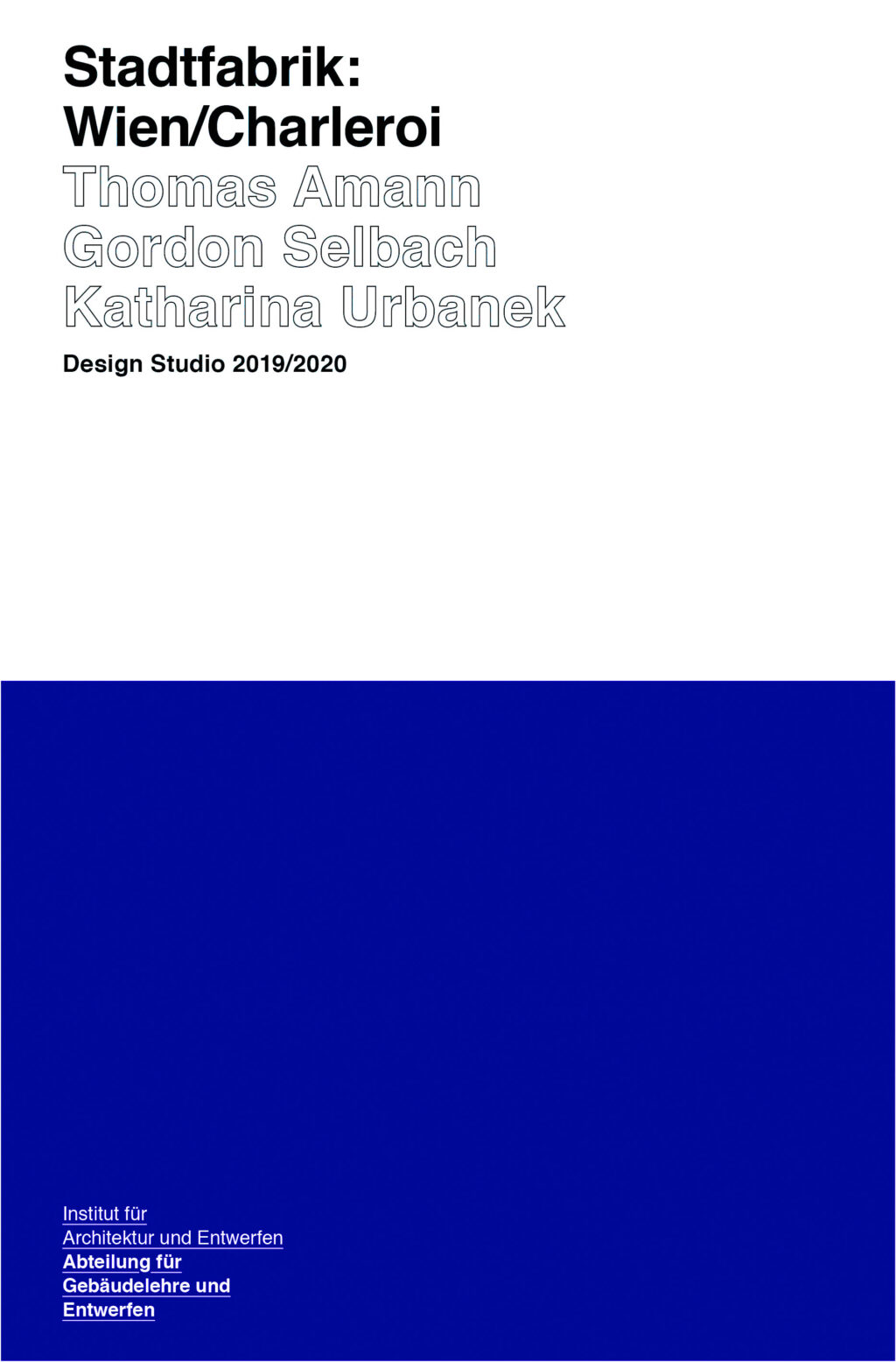
2020, STADTFABRIK
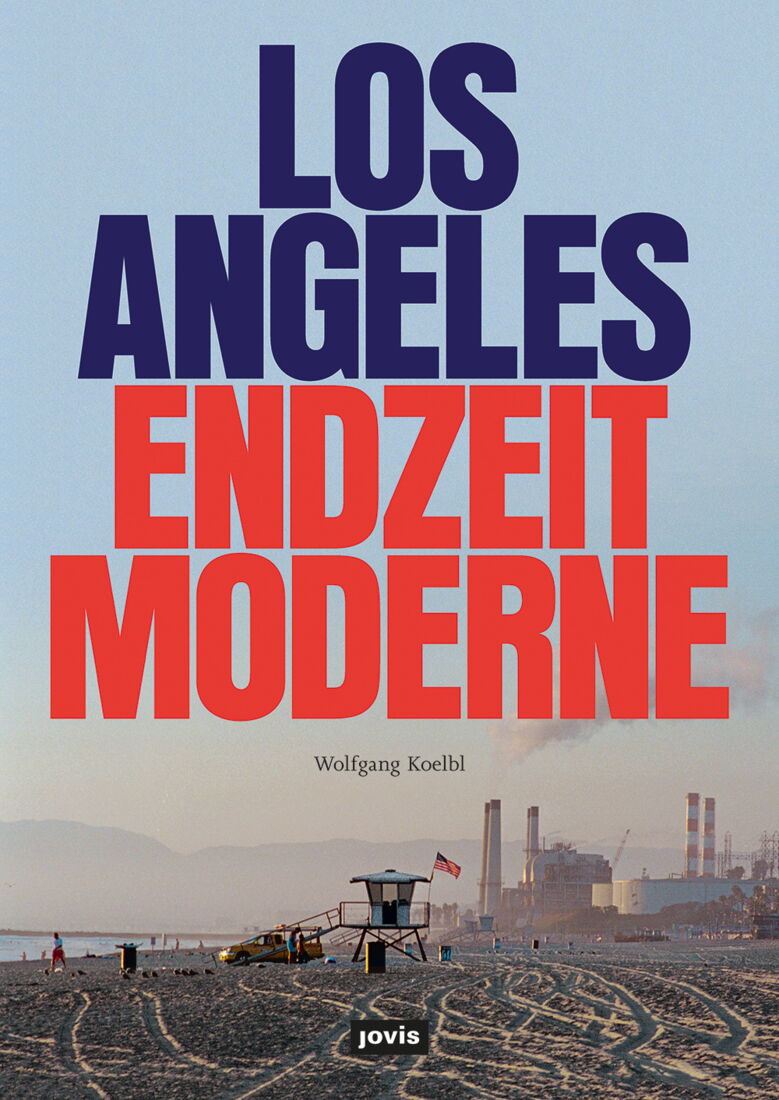
2020, LOS ANGELES ENDZEITMODERNE
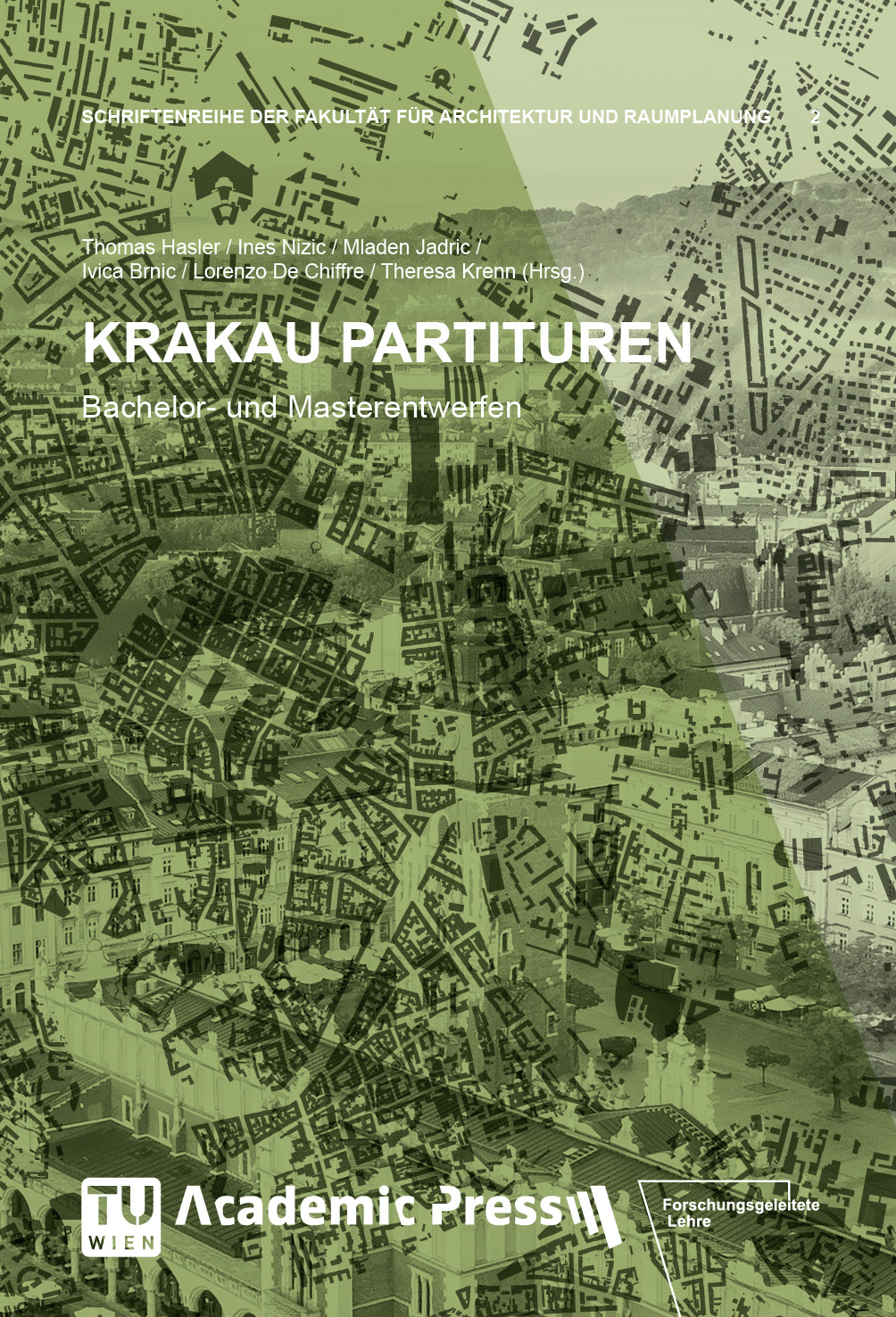
2020, KRAKAU PARTITUREN
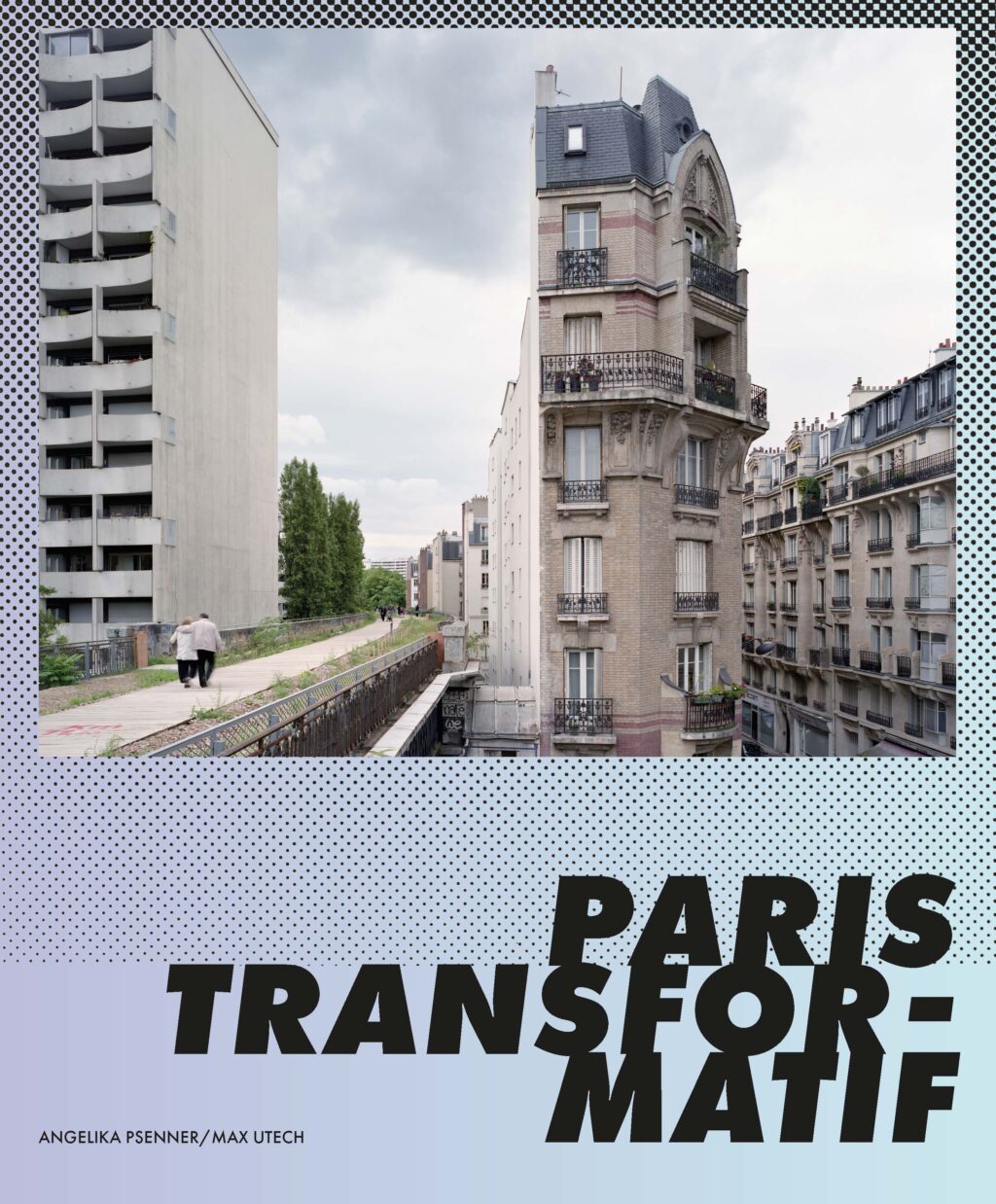
2020, PARIS TRANSFORMATIF
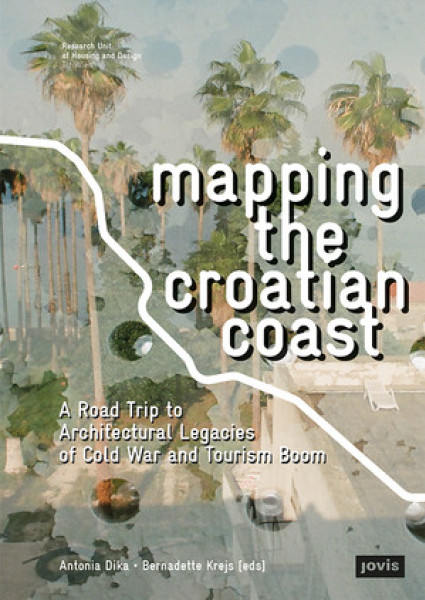
2019, MAPPING THE CROATIAN COAST
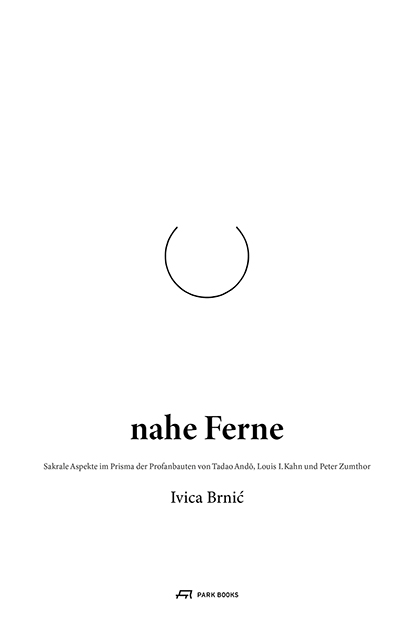
2019, NAHE FERNE
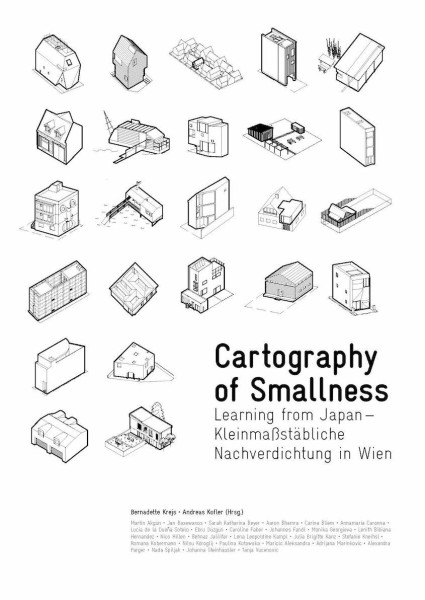
2018, Cartography of Smallness
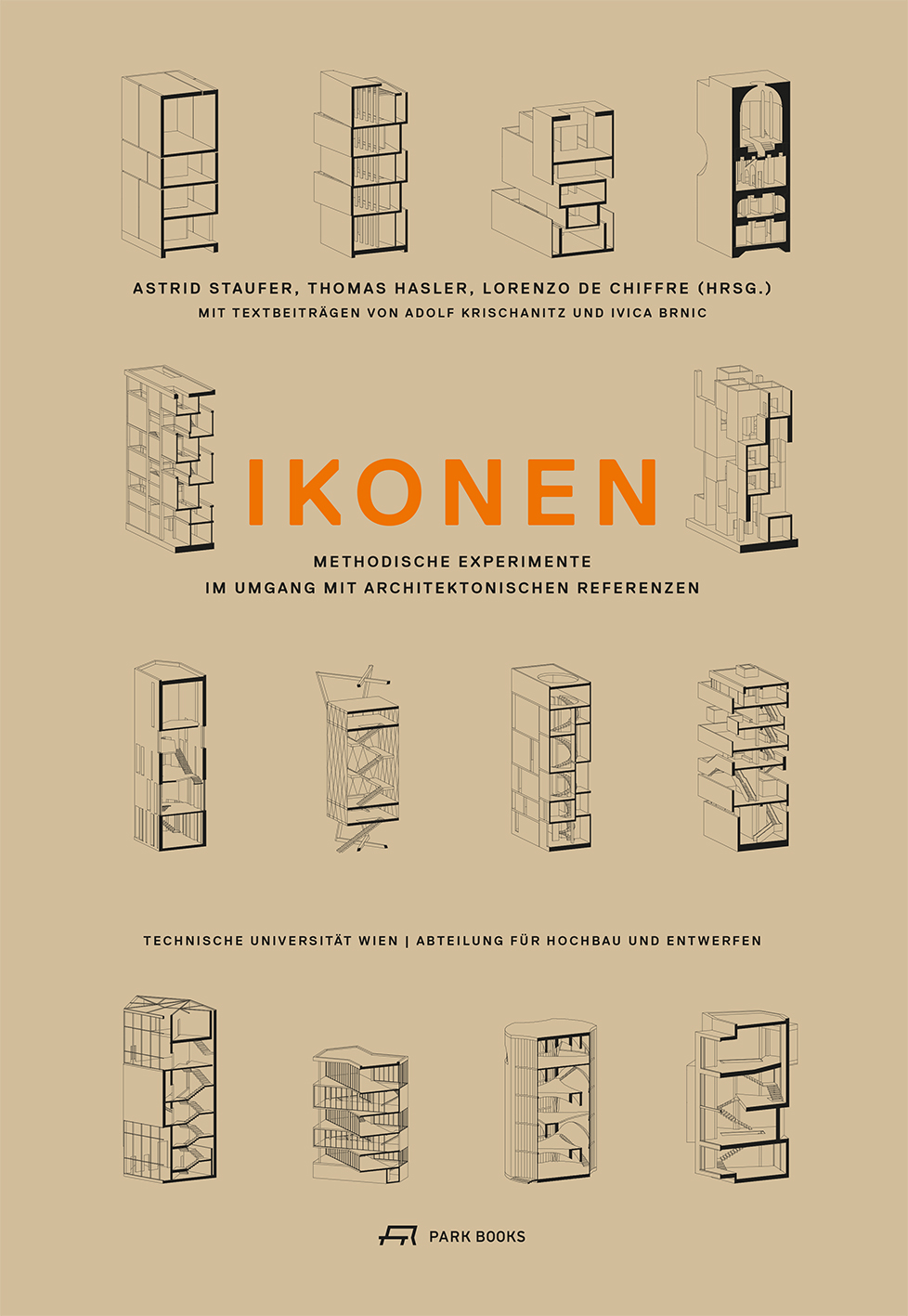
2018, IKONEN

CAP18
EDITED BY MICHAEL OBRIST & MAX UTECH
2022
Following an invitation by the Parisian urban planning agency APUR, the master design studio "radical:common" investigated the transformation potential of CAP18, the last large commercial area within the core city of Paris. The study shows different approaches how the urban fragment can be transformed step by step into a mixed-use neighborhood without demolishing the existing structure:
It is time to think together in a radical different way.
Confronted with changing social realities, the emerging consequences of an advancing climate change, geopolitical shifts, increasing distributional injustices and a commodification of architecture, we as planners are challenged to question our social role and mechanisms in the production of space and city.
In the spirit of the term NORMCORE described in archplus 220, we want to investigate the radicality of the normal. This is about freeing architecture from marketability as an object towards cultural vessels with social programming. Away from the spaces of expectation of current housing production and towards building structures that are resource-efficient, cost-effective and use-open enabling spaces for a diverse urban society.
In this way, how can the ordinary, serial, simple, and affordable also enable the wild, the unconventional, and "the other"? Instead of ensuring a scarce existential minimum, how can we rather strive for the structural framework for a liberated existential maximum?
The ambivalence of the term common as "the ordinary" on the one hand and "the shared" on the other hand will be seen as a potential to infuse all these considerations with a new understanding of community, communality and cooperation, following the ideas of Silvia Federici.
Student work: Jan Brömmelhörster, Andreas Gündüz, Sophie Hiesberger, Muhammed Ali Kayhan, Jarod Leistner, Merve Selin Onay, Muamer Osmanovic, Johannes Paintner, Laura Sophie Schwertner, Sebastian Strunk